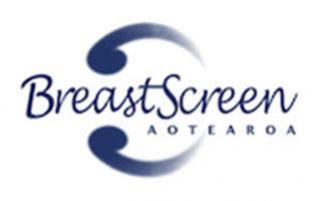- Home
- News
- Screening Matters, Issue 40, June 2013
- Genetics and breast cancer
News
- Screening Matters Newsletter
- April 2019
- April 2018
- December 2017
- August 2017
- April 2017
- December 2016
- October 2016
- March 2016
- November 2015
- August 2015
- June 2015
- April 2015
- February 2015
- December 2014
- October 2014
- August 2014
- June 2014
- April 2014
- February 2014
- December 2013
- October 2013
- August 2013
- June 2013
- April 2013
- February 2013
Screening Matters
The National Screening Unit newsletter
In this issue:
- Successful 7th Australasian Newborn Hearing Screening Conference
- Genetics and breast cancer
- NSU Steering Group update
- BreastScreen Aotearoa review update
- NCSP Register Central Team update
- Quality improvement review of the Universal Newborn Hearing Screening and Early Intervention Programme
- Quality improvement review of the Universal Newborn Hearing Screening and Early Intervention Programme
Genetics and breast cancer

The best advice for women concerned about breast cancer is for women aged between 45 and 69 to be screened regularly as part of BreastScreen Aotearoa.
Most breast cancers occur by chance, with less than 5 percent attributable to the inheritance of a damaged or mutated gene.
In the mid-1990s two breast cancer genes, BRCA1 and BRCA2, were identified. Rare mutations or variations of these genes, which occur in 0.5-1 percent of the population, increase the lifetime risk of breast and ovarian cancer to between 40 and 80 percent.
Women who inherit a BRCA mutation most commonly have a family history of breast cancer, with two or more close family members with breast cancer — particularly diagnosed under the age of 40 — as well as a number of other high-risk factors such as breast cancer in both breasts, or breast and ovarian cancer in the same woman.
Women with close family members with breast cancer combined with other risk factors assessed by their GP are able to be referred to their regional genetic clinic to be assessed as to whether testing would be appropriate. If the geneticist advises testing it is fully funded for eligible women in New Zealand.
Women assessed as not needing referral to a genetic clinic but as being at increased risk of developing breast cancer may be advised to have more frequent breast screening checks than the standard two-yearly mammogram.
Testing for the mutations or variations to these genes for the majority of women is unnecessary and not advised. Anyone concerned about their risk of breast or ovarian cancer should discuss their concerns with their GP.
To receive the Screening Matters newsletter by email, fill out our sign-up form.

